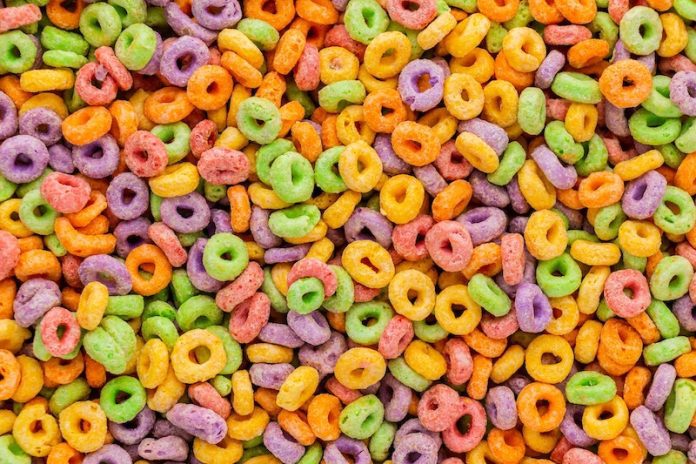
Maintaining a healthy digestive system is crucial for our overall well-being. One key element that plays a significant role in promoting digestive regularity is fiber-rich foods.
In this study review, we will explore the importance of fiber, its benefits for digestive health, and how incorporating fiber-rich foods into our diets can support optimal digestion and overall wellness.
Understanding Fiber
Fiber is a type of carbohydrate found in plant-based foods, such as fruits, vegetables, whole grains, legumes, and nuts.
Unlike other carbohydrates, fiber is not broken down by our bodies, but rather passes through the digestive system largely intact.
Types of Fiber
There are two main types of fiber: soluble and insoluble. Soluble fiber dissolves in water and forms a gel-like substance in the intestines, while insoluble fiber does not dissolve and adds bulk to the stool.
The Role of Fiber in Digestive Regularity
Softening Stool: Soluble fiber absorbs water, softening the stool and making it easier to pass through the intestines. This helps prevent constipation and promotes regular bowel movements.
Adding Bulk: Insoluble fiber adds bulk to the stool, promoting regularity and preventing diarrhea.
Enhancing Gut Motility: Fiber acts as a natural stimulant for the muscles in the digestive tract, promoting the movement of food through the system and reducing the risk of digestive issues like bloating and gas.
Benefits of Fiber for Digestive Health
Preventing Constipation: Adequate fiber intake adds bulk to the stool, preventing constipation and the discomfort associated with it.
Managing Diarrhea: Insoluble fiber helps absorb excess water, making stools firmer and reducing the frequency of diarrhea.
Alleviating Hemorrhoids: Fiber softens the stool and reduces the strain during bowel movements, easing the discomfort caused by hemorrhoids.
Promoting Gut Health: Fiber acts as a prebiotic, nourishing beneficial gut bacteria and promoting a healthy balance of microorganisms in the digestive system.
Lowering the Risk of Colon Cancer Adequate fiber intake has been associated with a reduced risk of colon cancer, as it helps keep the digestive system healthy and prevents the buildup of harmful substances.
Incorporating Fiber-Rich Foods into Your Diet
Fruits and Vegetables: Include a variety of fruits and vegetables in your daily meals. Berries, apples, oranges, broccoli, and spinach are excellent sources of fiber.
Whole Grains: Opt for whole grain bread, brown rice, quinoa, and oats instead of refined grains. These provide a good amount of fiber and additional nutrients.
Legumes: Incorporate beans, lentils, chickpeas, and peas into your diet. They are rich in both soluble and insoluble fiber.
Nuts and Seeds: Snack on almonds, walnuts, chia seeds, and flaxseeds, as they are packed with fiber and healthy fats.
Fiber-rich foods play a crucial role in maintaining digestive regularity and promoting overall wellness.
By incorporating a variety of fruits, vegetables, whole grains, legumes, and nuts into our diets, we can ensure an adequate intake of fiber to support optimal digestion.
Remember, it’s essential to gradually increase fiber intake and drink plenty of water to avoid any discomfort. Embracing a fiber-rich diet can lead to a healthier digestive system, reduced risk of digestive issues, and improved overall well-being.
Follow us on Twitter for more articles about this topic.
Copyright © 2023 Scientific Diet. All rights reserved.








